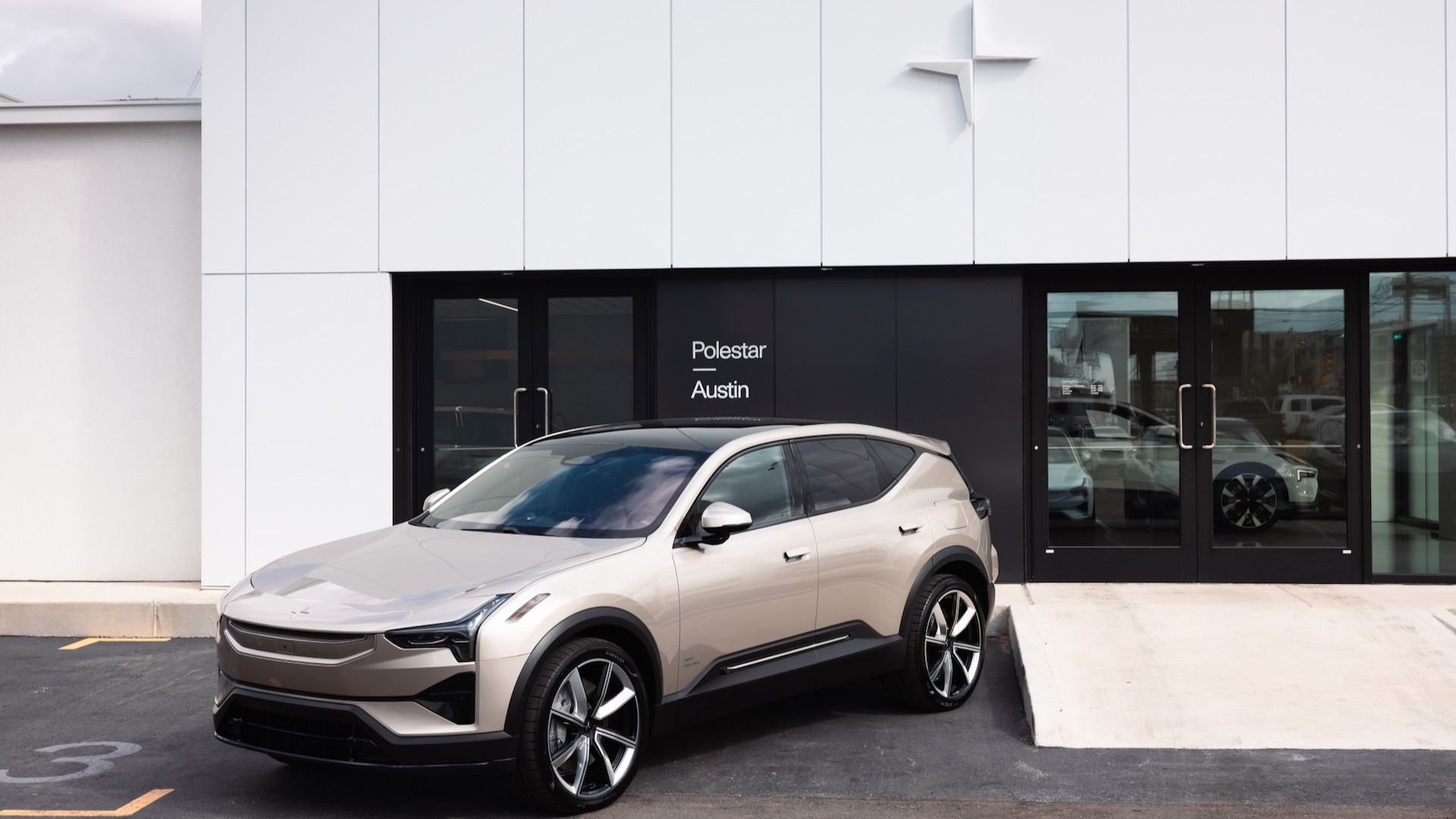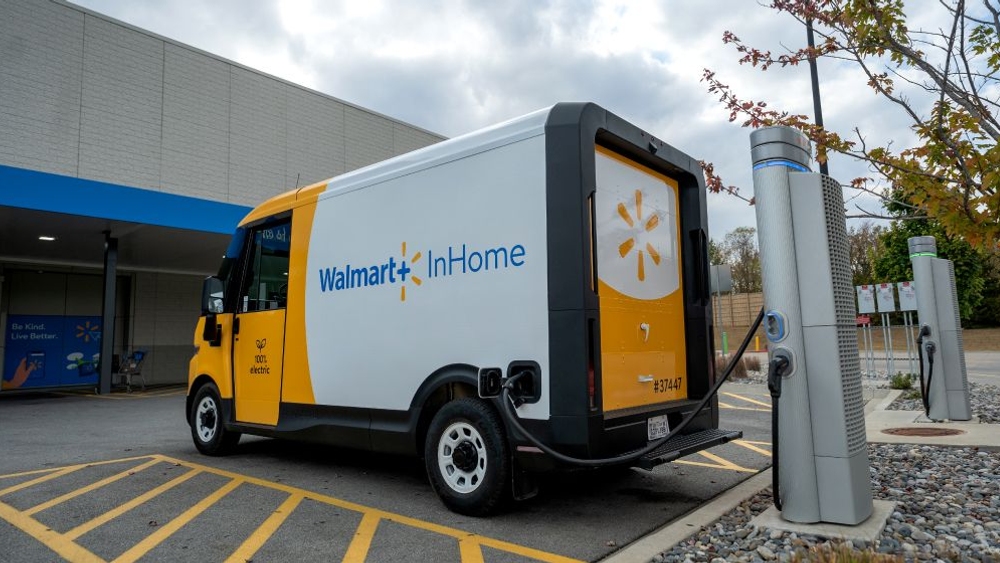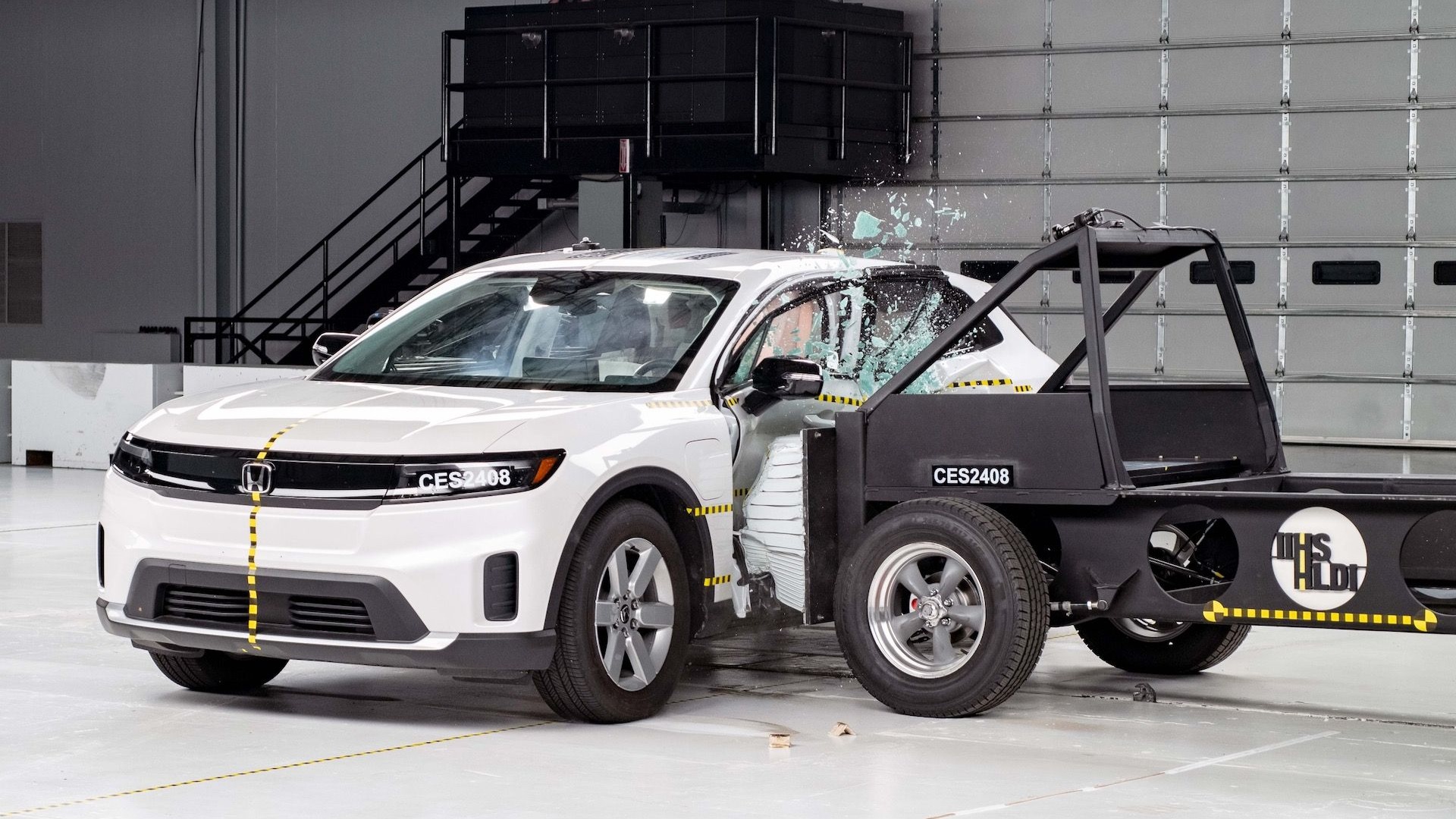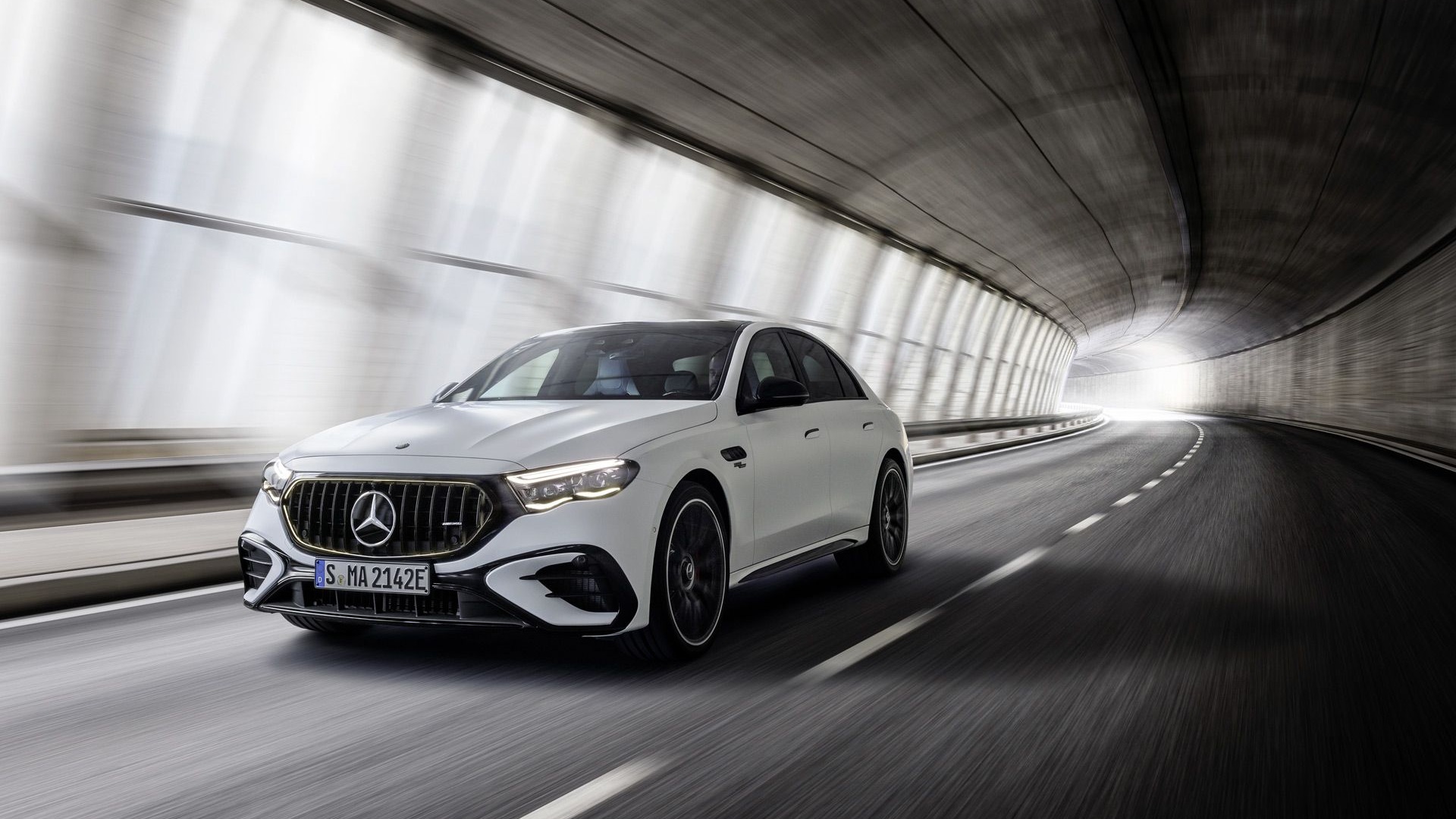"Range anxiety" has always been one of the main concerns for buyers of affordable electric cars, and that issue is now receiving significant attention from automakers.
This week's Detroit Auto Show included the introduction of the Chevrolet Bolt concept--which promises 200 miles of range at a price around $37,500.
CHECK OUT: 2018 Chevrolet Bolt Electric Car: What It Is & Isn't, What It Means For Tesla
The Tesla Model 3 is expected to offer similar range for a starting price of around $35,000, when it launches in late 2017 or thereafter.
So what does the automaker that's sold more electric cars than anyone else have to say about that?

Chevrolet Bolt Concept - 2015 Detroit Auto Show live photos
Nissan is quietly confident that it will be able to match Chevy and Tesla with a longer-range electric car of its own, Chief Planning Officer Philippe Klein said in an interview with industry trade journal Automotive News in Detroit.
He was confident that anticipated battery improvements for upcoming electric cars will largely eliminate range anxiety, and that the company is "going to be there relatively quickly."
DON'T MISS: New Name For Tesla 'Third-Generation' Electric Sedan: Model III, Musk Says
Granted, Klein said this from a position that the current Leaf's EPA-rated 84-mile is already fairly close to what most drivers need, saying that "for commuting purposes," Nissan was "not very far from getting out from range anxiety."
Nissan and other carmakers have consistently pointed out that most U.S. drivers commute less than 40 miles a day--a short enough distance not to tax a car with less than 100 miles of range, especially if workplace charging is available.
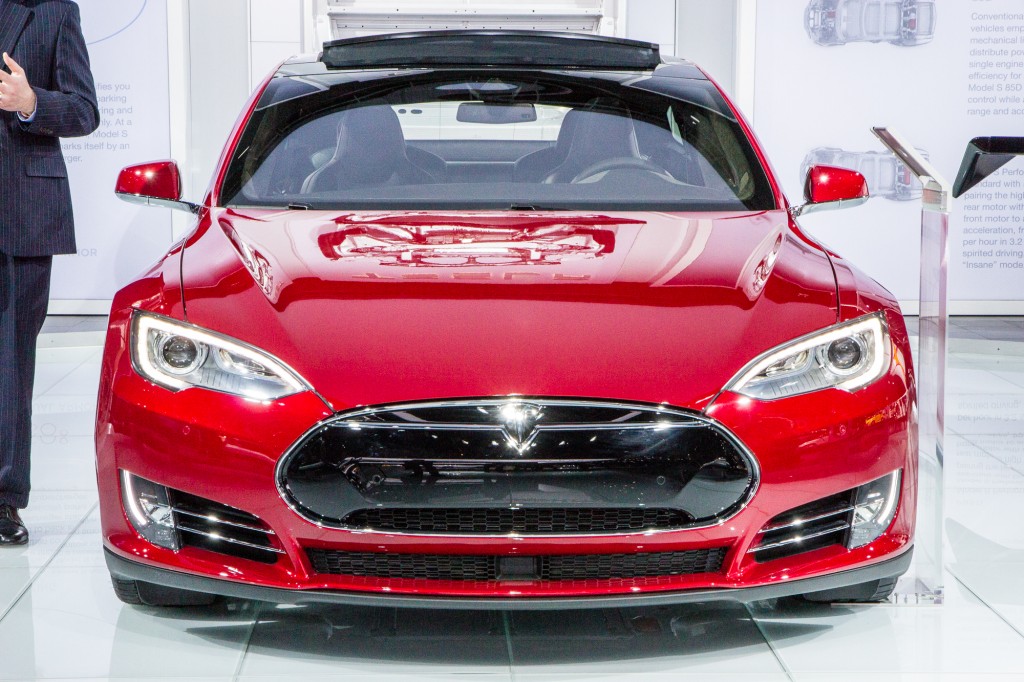
Tesla Model S P85D, 2015 Detroit Auto Show
But of course, drivers use their cars for more than just commuting and want to be able to respond to changing needs and emergencies. Hence the call for greater range and the planned launches of two electric cars with more than double the range of the current Leaf at roughly its current price.
Nissan isn't discussing timelines for the improved battery technology, but Klein indicated it could arrive in sufficient time to be incorporated into the next-generation Leaf.
ALSO SEE: 2017 Nissan Leaf: Will Less 'EVness' Make It More Appealing?
That vehicle will likely be launched sometime in 2016 as a 2017 model--fairly close to the anticipated 2017 launch dates of the Bolt and perhaps the Model 3.
Depending on how close those cars come to the targets set by their manufacturers, and the volumes in which they actually sell in, Nissan may find it needs that range or more just to stay competitive.
_______________________________________________
